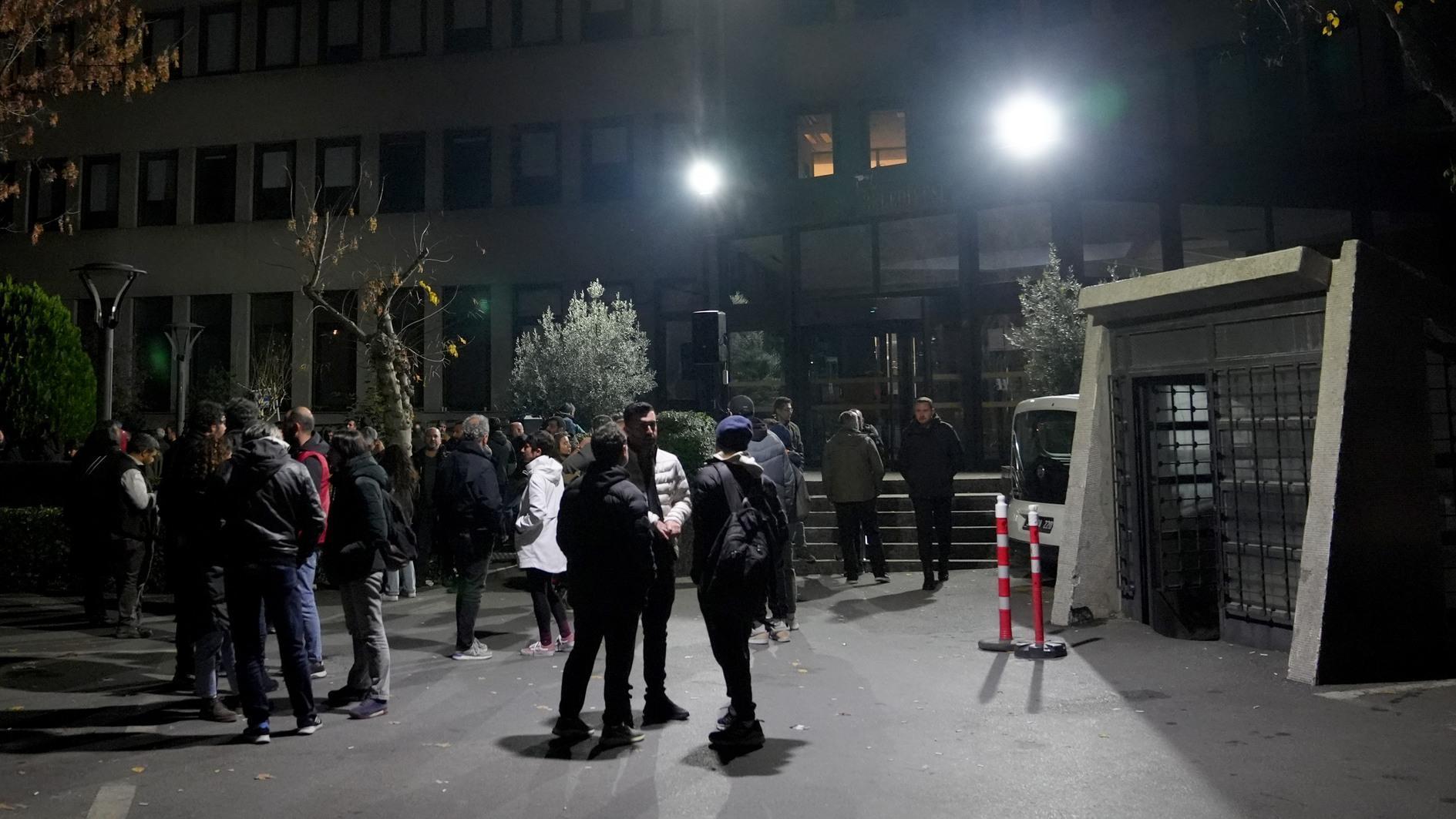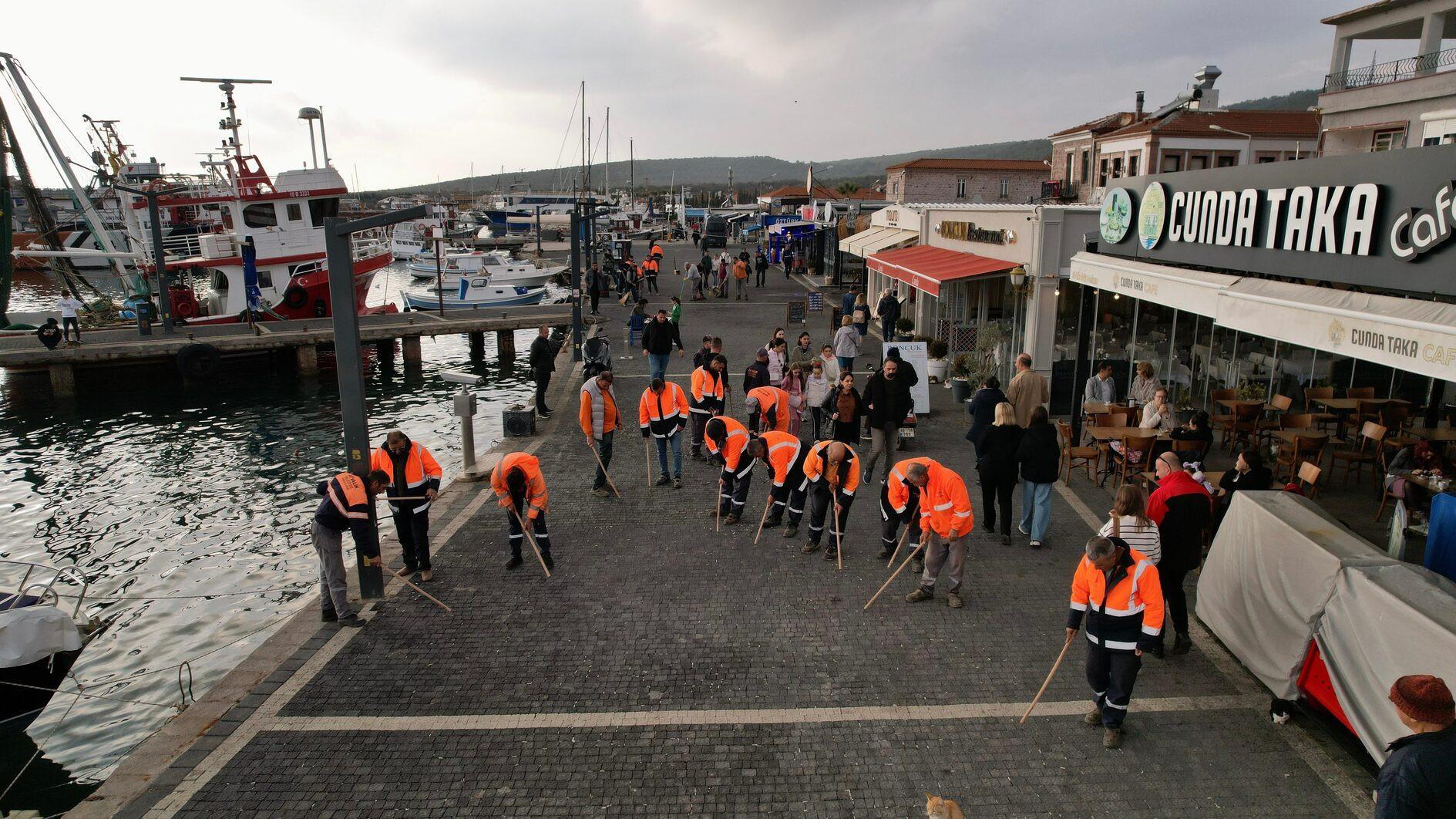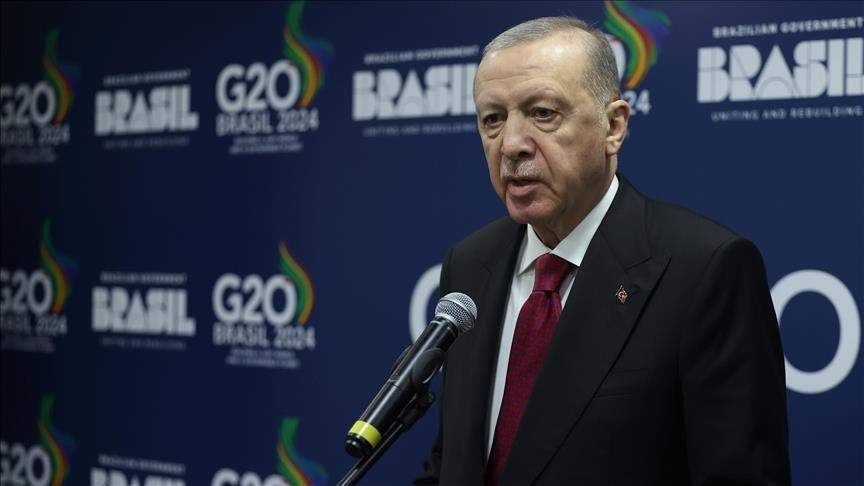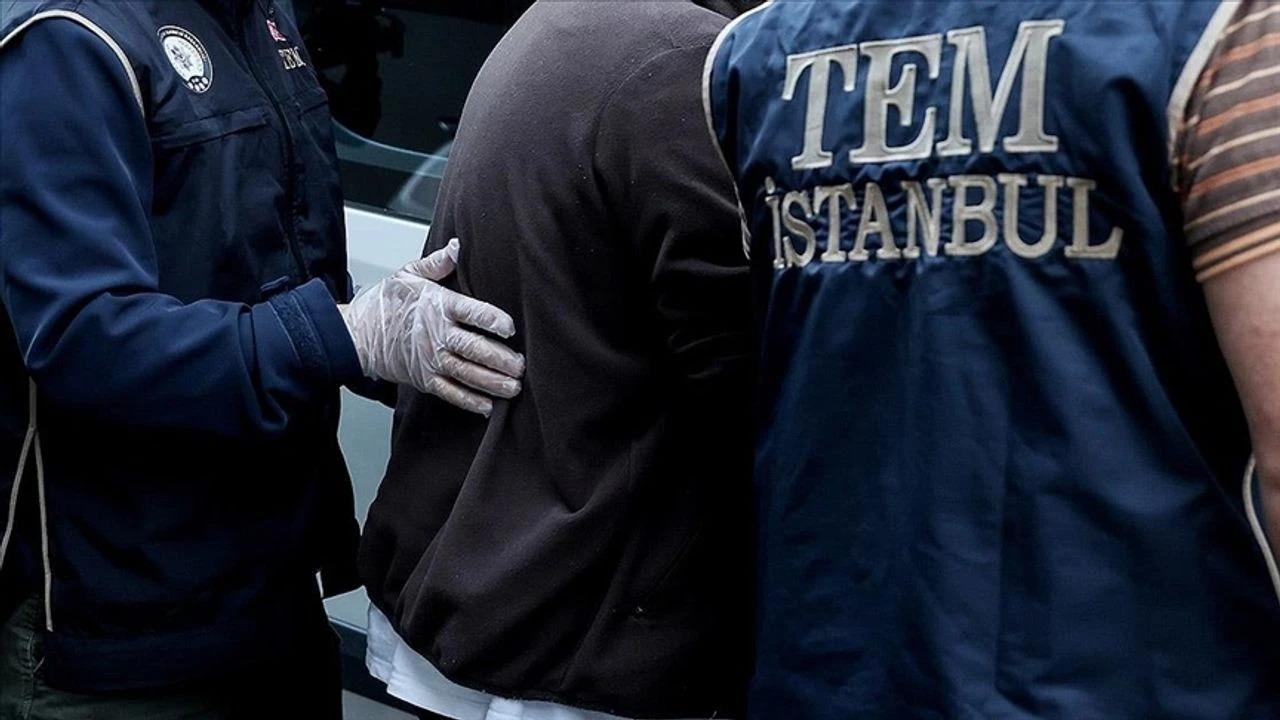Israeli reservists move into Gaza war
Hurriyet Daily News with wires
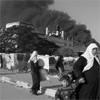
refid:10763861 ilişkili resim dosyası
At least 20 people were reported killed in yesterday's fierce clashes, Palestinian medics said, pushing the overall toll past the 900 mark in a 17-day-old conflict which has also wounded nearly 4,000 people. Israel says 13 Israelis - three civilians hit by rockets and 10 soldiers - have died.The Israeli army announced late Sunday that it had begun sending reserve units into Gaza to assist thousands of ground forces already in the territory. The use of reserves is a strong signal that Israel is planning to move the offensive into a new, more punishing phase.
Despite the tightening Israeli cordon, militants still managed to fire off at least four rockets yesterday morning. There were no reports of injuries.
With Israeli troops already surrounding Gaza's main population centers, Israeli leaders have given mixed signals on how much further the army is ready to push, saying the operation is close to achieving its goals but vowing to press forward with overwhelming force.
Political sources said coalitions partners Foreign Minister Tzipi Livni, the chairman of the ruling Kadima party, and Defense Minister Ehud Barak, the head of center-left Labour, wanted to halt the operation in the Hamas-ruled territory as soon as possible. But sources said outgoing PMEhud Olmert, who resigned as Kadima chief in September, disagreed and planned to present the issue in a cabinet forum where he has support, according Reuters.
Israeli security officials believe they have struck a tough blow against Hamas, killing hundreds of the Islamic militant group's fighters, including top commanders. The director of the Shin Bet security agency told the Cabinet on Sunday that Hamas leaders in Gaza were ready to surrender. Hamas, at least publicly, has vowed to continue fighting. Israeli leaders are expected to decide in the next day or two on whether to push the offensive into a third phase Ğ in which the army takes over larger areas of Gaza. This move would require the use of thousands of reserve units massed on the border with Gaza.
A push into densely crowded urban areas would threaten the lives of many more civilians. More than 20,000 Palestinians have already fled Gaza's rural border areas and crowded into nearby towns, staying with relatives and at U.N. schools turned into makeshift shelters.
The Palestinian death toll since Israel's "Operation Cast Lead" began stood at 905, medics said. About 3,600 Palestinians have been wounded.
The health minister in the Hamas-run government in Gaza, Bassem Naeem, told reporters that 42 percent of those killed Ğ about 380 Ğ were women and children. Israel, which says it has killed "hundreds" of fighters, has questioned civilian casualty figures from Gaza but has not offered its own estimate. Reuters journalists covering sites of attacks and hospital facilities have seen dozens of bodies of women and children.
Truce talks in Cairo
Meanwhile, Egypt's state agency MENA said more talks in Cairo with a Hamas delegation on a plan for a cease-fire were planned after "positive" discussions Sunday. Hamas official Osama Hamdan said some delegates had returned to Damascus for consultations with the group's leadership. But Israel's pointman for talks, Amos Gilad, delayed a planned visit in what Israeli radio speculated was meant as a pressure tactic on Hamas.
The negotiations in Cairo are centering on a three-point plan that Egyptian President Hosni Mubarak unveiled last week, reported Agence France-Presse. The plan calls for an immediate cease-fire to allow humanitarian aid into Gaza, talks on opening border crossings and taking steps to prevent arms smuggling, and re-launching Palestinian reconciliation efforts.



